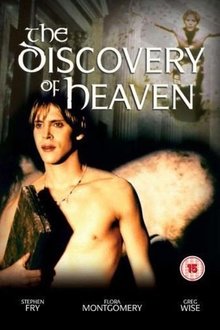For 40 years, the community-organizing group ACORN advocated for America’s poorest communities, while its detractors accused it of promoting the worst of liberal policies. Riding high on the momentum of Barack Obama’s presidential victory in 2008, ACORN was at its political zenith when a hidden-camera video sparked a national scandal and brought it crashing down. The story involves voter fraud, a fake prostitute, and the rise of Breitbart.com.
Related Movies
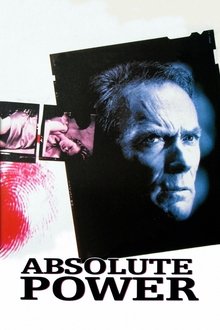
Absolute Power (1997)
A master thief coincidentally is robbing a house where a murder—in which the President of the United States is involved—occurs in front of his eyes. He is forced to run, while holding evidence that could convict the President.
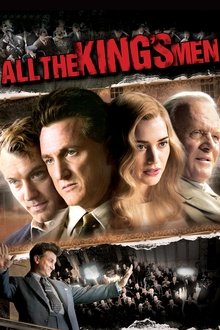
All the King's Men (2006)
The story of an idealist's rise to power in the world of Louisiana politics and the corruption that leads to his ultimate downfall. Based on the 1946 Pulitzer Prize-winning novel written by Robert Penn Warren, loosely based on the story of real-life politician Huey Long.
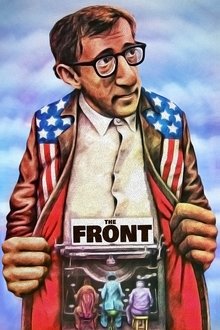
The Front (1976)
A cashier poses as a writer for blacklisted talents to submit their work through, but the injustice around him pushes him to take a stand.
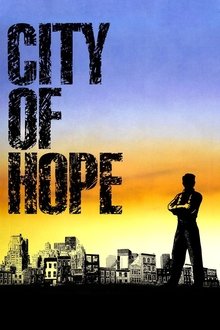
City of Hope (1991)
This gritty inner-city film follows various people living in a troubled New Jersey setting, most notably Nick Rinaldi, a disillusioned contractor who has been helped along his whole life by his wealthy father. Other characters in this ensemble drama about urban conflict and corruption include Asteroid , an unstable homeless person, and Wynn, an idealistic young politician.

The Big One (1997)
The Big One is an investigative documentary from director Michael Moore who goes around the country asking why big American corporations produce their product abroad where labor is cheaper while so many Americans are unemployed, losing their jobs, and would happily be hired by such companies as Nike.

Fahrenheit 9/11 (2004)
Michael Moore's view on how the Bush administration allegedly used the tragic events on 9/11 to push forward its agenda for unjust wars in Afghanistan and Iraq.

An Inconvenient Truth (2006)
A documentary on Al Gore's campaign to make the issue of global warming a recognized problem worldwide.
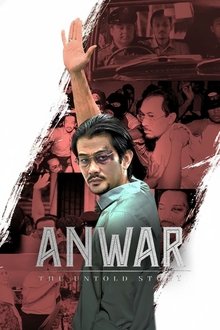
Anwar: The Untold Story (2023)
It follows the story of Anwar's fight against corruption while in government between the years of 1993 and 1998, which led to his eventual imprisonment and the birth of the reformasi movement.

Gandhi (1982)
In the early years of the 20th century, Mohandas K. Gandhi, a British-trained lawyer, forsakes all worldly possessions to take up the cause of Indian independence. Faced with armed resistance from the British government, Gandhi adopts a policy of 'passive resistance', endeavouring to win freedom for his people without resorting to bloodshed.

JFK (1991)
Follows the investigation into the assassination of President John F. Kennedy led by New Orleans district attorney Jim Garrison.

All the President's Men (1976)
During the 1972 elections, two reporters' investigation sheds light on the controversial Watergate scandal that compels President Nixon to resign from his post.

Revolution of Our Times (2021)
Throughout Hong Kong’s history, Hongkongers have fought for freedom and democracy but have yet to succeed. In 2019, a controversial extradition bill was introduced that would allow Hongkongers to be tried in mainland China. This decision spurred massive protests, riots, and resistance against heavy-handed Chinese rule over the City-State. Award-winning director Kiwi Chow documents the events to tell the story of the movement, with both a macro view of its historical context and footage and interviews from protestors on the front lines.

Ben-Hur (1959)
In 26 AD, Judah Ben-Hur, a Jew in ancient Judea, opposes the occupying Roman empire. Falsely accused by a Roman childhood friend-turned-overlord of trying to kill the Roman governor, he is put into slavery and his mother and sister are taken away as prisoners.
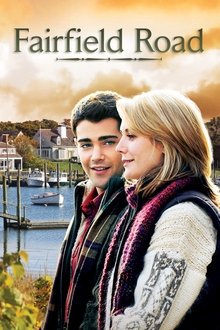
Fairfield Road (2010)
Noah McManus is leaving his job with the Boston mayor's office for a dream gig in Washington, D.C. But in a single day, he finds out his new boss in Washington can no longer employ him and that his girlfriend has been cheating on him. Devastated, Noah travels to a quaint Cape Cod town and unexpectedly finds himself at home.

The American Question (2024)
An 8-year journey into divided America, The American Question examines the insidious roots of polarization and distrust through past the past and present, revealing how communities can restore trust in each other to unite our country.
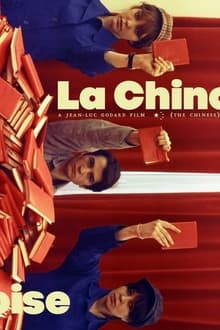
La Chinoise (1967)
A small group of French students are studying Mao, trying to find out their position in the world and how to change the world to a Maoistic community using terrorism.

Sea Holly (2024)
Returning to her coastal hometown for the 1997 general election, a young girl reunites with her school friends and is forced to come to terms with the loss of her mother. On the cusp of adulthood, she faces a new millennium, and with it the promise of a new age
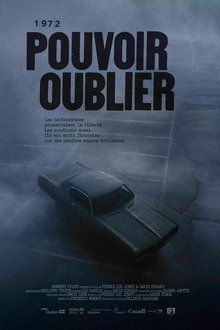
Pouvoir Oublier (2025)
Pouvoir Oublier is a political documentary first constructed from the words of the speakers whose lives changed on the tragic day of May 10, 1972 in Sept-Îles. Their word will be juxtaposed with archival material from the events, some of which are unpublished, which will reflect the collective euphoria in which Sept-Îles and all of Quebec were then bathed.
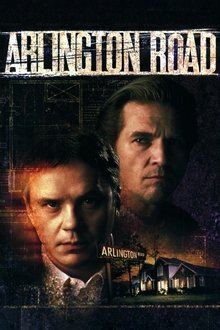
Arlington Road (1999)
Bedraggled college professor Michael Faraday has been vexed — and increasingly paranoid — since his wife's accidental death in a botched FBI operation. When a seemingly all-American couple set up house next door, Michael begins to suspect there’s more to them than meets the eye.
